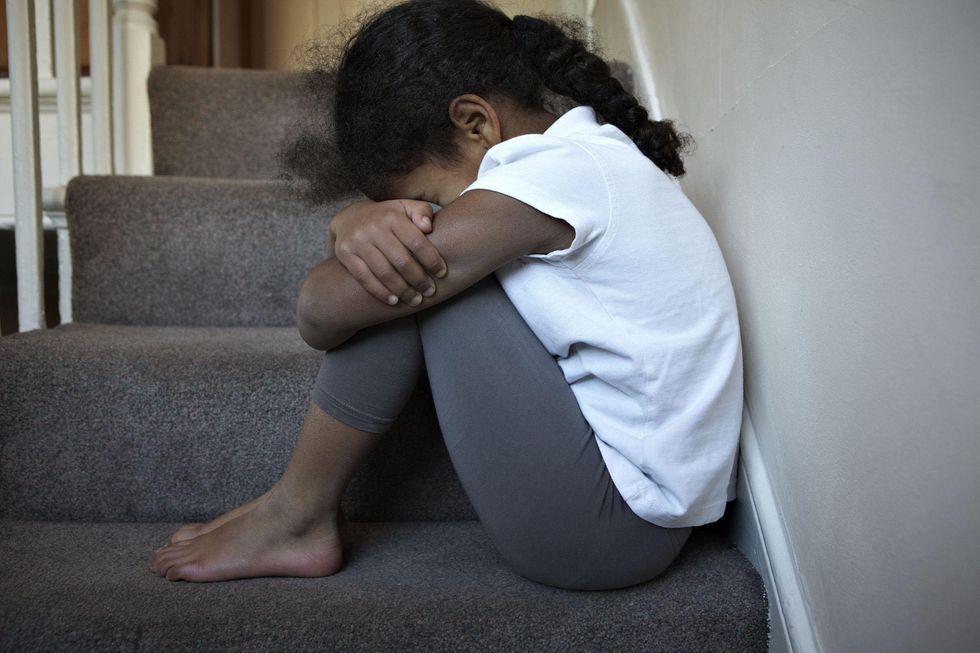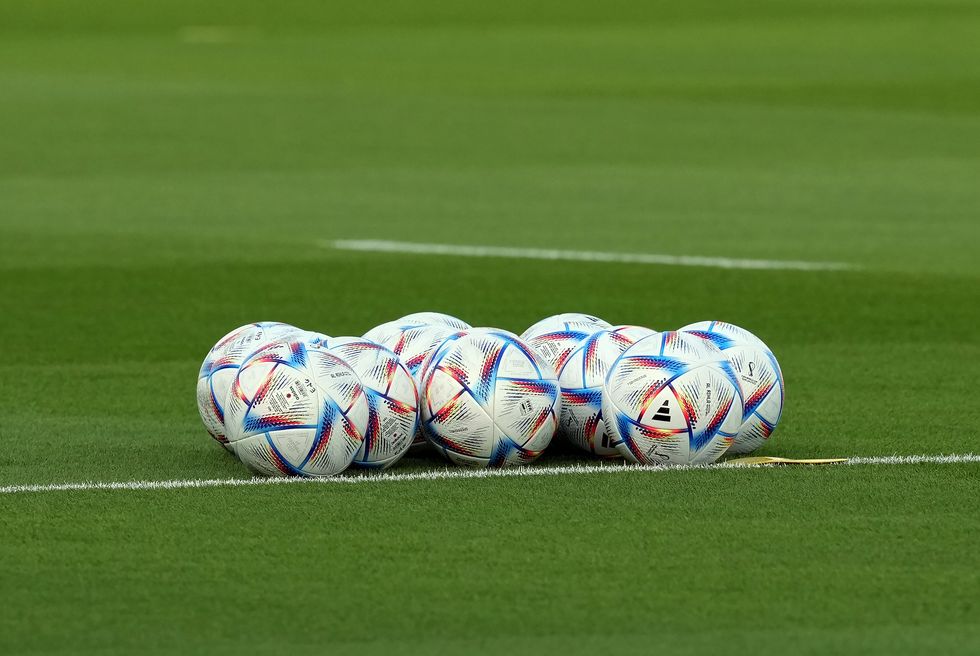World Cup in Qatar could leave children ‘at greater risk of domestic abuse’, NSPCC warn

Children will face an increased risk of domestic abuse during the World Cup, the National Society for the Prevention of Cruelty to Children (NSPCC) has warned.
Jon Challicom/NSPCC












